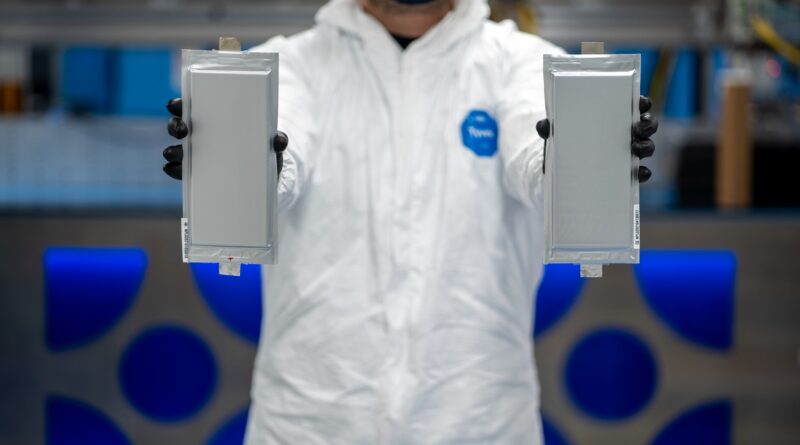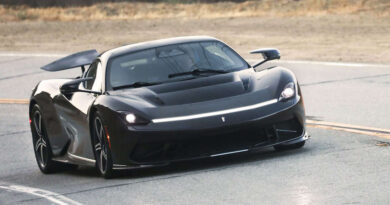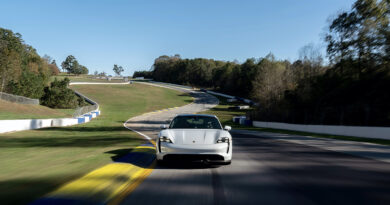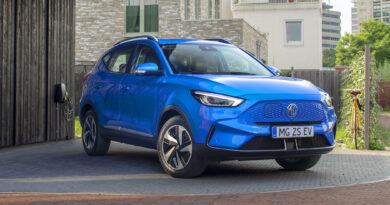Solid-state battery wait for EVs, but they are coming
Solid-state batteries are coming. Car makers promise they’ll make EVs less costly, increase driving range and cut charging times. But it’s likely Australia will be back of the queue… again.
Many manufacturers justifiably view Australia as an EV-unfriendly market. And this means that some of the best and most affordable EVs of the last few years are either not coming to Australia at all or will launch much later here than in other parts of the world.
The list of notable EV no-shows includes the Volkswagen ID.3 and ID.4, the Fiat Nuova 500 and Honda e. Among the latecomers are the Skoda Enyaq and Cupra Born. The very new Renault Megane E-Tech and closely-related Nissan Ariya will also arrive many months (or years) after going on sale elsewhere.
And it seems likely this situation won’t change when the solid-state revolution begins. Cliodhna Lyons is general manager of advanced planning for Nissan’s Africa, Middle East, India, Europe and Oceania (which includes Australia) Region. She’s one of the team shaping the company’s global EV strategy, and very familiar with the Australian market.
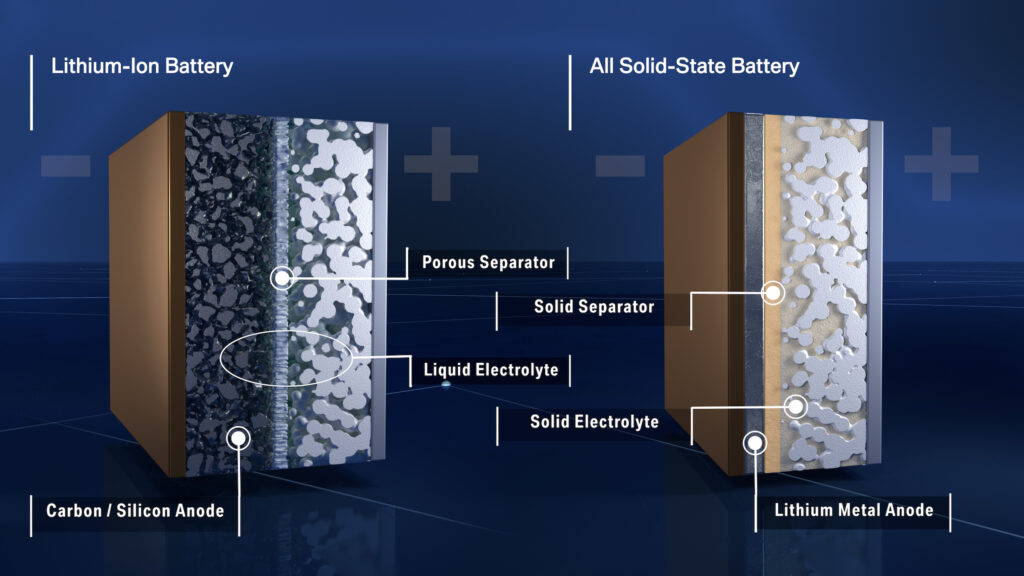
“Nissan is leading solid-state battery development for the Alliance, for the three partners (Renault, Nissan and Mitsubishi),” she told EV Central at a recent event in Spain designed to showcase the company’s sustained commitment to electrification.
“What we’re saying is that we’ll have a pilot plant in FY24 and we’ll have mass-market introduction in FY28.” But Lyons adds a proviso. “That will be for those markets that are electrifying quickly.”
Australia very obviously isn’t one of these, despite decent sales gains in the last couple of years. And this is why Nissan is rushing to get its interesting e-Power hybrids to market here. This is a different kind of hybrid than people are used to. They’re driven 100 percent by electric motors just like those in EVs, while the on-board ICE only powers a generator to produce electricity.
Nissan is counting on the all-electric e-Power driving experience to prepare drivers for the switch to battery-powered EVs. “By the time we are mass-producing solid-state our customers will have been used to driving hybrids, e-Powers,” says Lyons.
But the company has developed a global strategy that will determine the timetable for the rollout of its most advanced tech. It’ll launch first in markets that are electrifying fastest. It’s clearly a detailed plan.
In Europe, alone Lyons says, Nissan has identified five different speeds of electrification. And even the slowest-moving nations there are electrifying more quickly than Australia.
Nissan’s aims for solid-state illustrate just how big a move it will be. They’re aiming for US$75 per kWh battery packs when they bring the tech to market in 2028, and to quickly reduce cost to US$65 per kWh.
To put this in perspective, Bloomberg New Energy Finance’s annual battery survey found the global average price of EV battery packs in 2021 was US$118. So Nissan’s objective, if achieved, would mean almost halving the price of a battery pack. And battery packs, remember, are the most costly single component of an EV.
As well as making EVs more affordable, the greater energy-density of solid-state packs will also enable other advances. It’ll make small EVs with a good driving range a reality for the first time, for example.
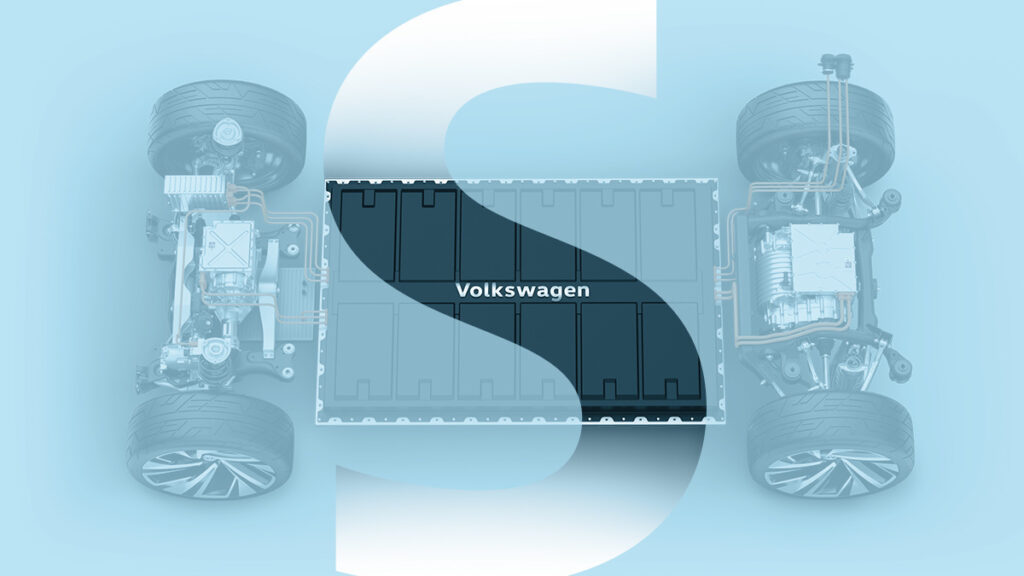
Nissan and the Alliance aren’t the only ones racing to develop solid-state for mass production. Other companies are even more advanced.
Mercedes-Benz is already selling small numbers of its eCitaro bus with LMP (lithium-metal-polymer) solid-state battery packs from a French manufacturer, and has a partnership deal with a Taiwanese outfit to develop next-gen solid-state cells. Samsung SDI, already a big player in the production of EV battery cells, is building a solid-state pilot factory in Korea. Toyota has announced they’ll have a hybrid with solid-state battery pack in production in 2025.
Volkswagen Group, Stellantis (which owns Jeep, Fiat, Peugeot, Alfa Romeo, Chrysler, Citroen, Ram and more), BMW and Chinese newcomer Nio are all known to be developing solid-state batteries.The question is whether their plans to introduce this game-changing tech look like Nissan’s strategy. If they do, the Australian market will be a low priority for roll-out. Unless, of course, there are major changes to EV policy…

